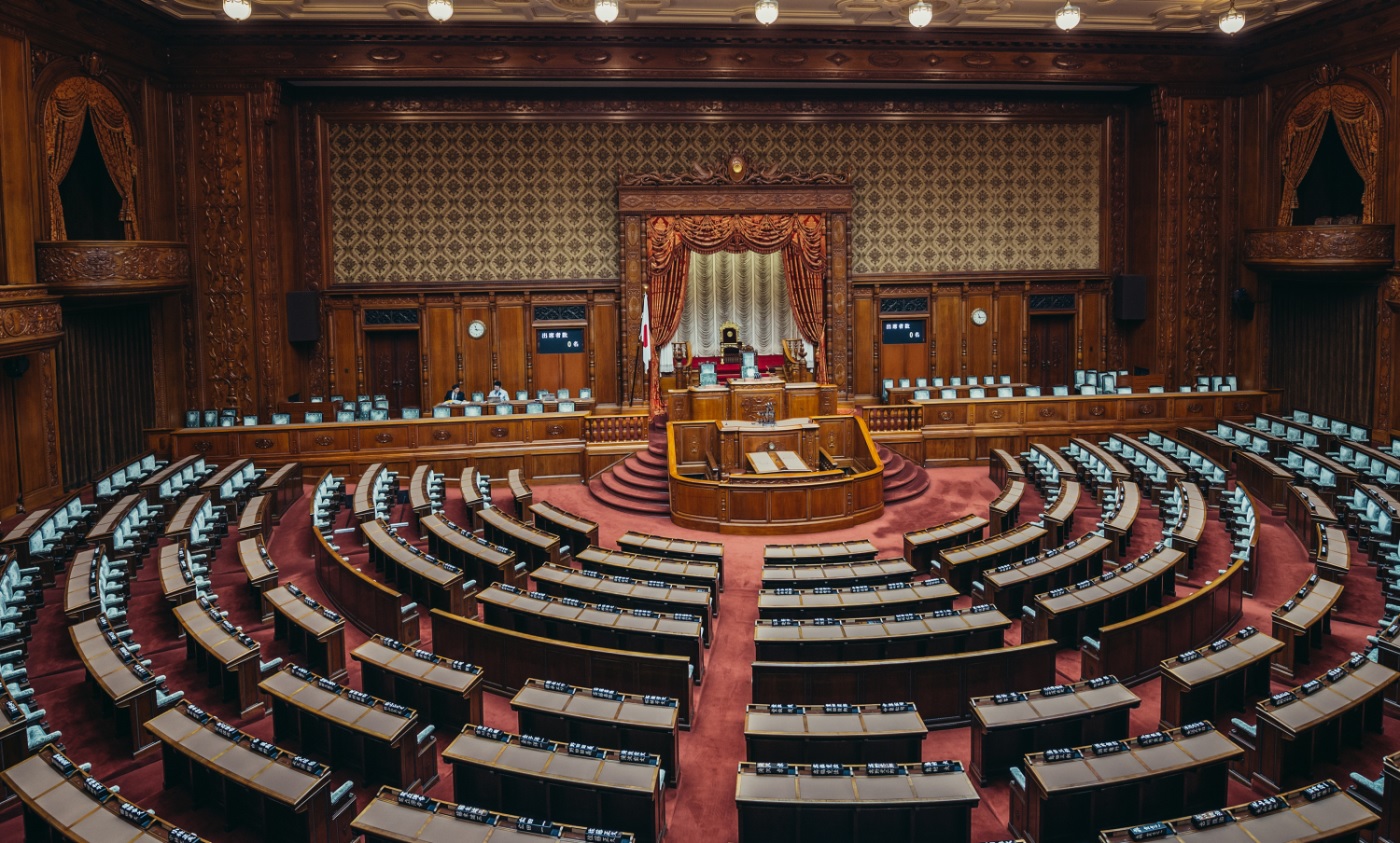Some of Japan’s biggest businesses have asked the nation’s government to make crypto tax reforms, as the country continues to pivot to Web3 and crypto.
Per an official Japan Association of New Economy (JANE) announcement, the group has submitted a tax reform proposal to Tokyo.
JANE has asked the government to “reduce tax rates” in 2024 to “encourage growth and increase tax revenue.”
The request refers to various forms of tax, but also makes specific mention of crypto-related taxes and Web3 growth.
The request states that the current crypto tax system is causing “promising Web3 companies” to leave the country.”
JANE also warned that if steps were not taken to ameliorate the situation, Japan could be “left behind” in the Web3 sector.
And JANE claimed that “urgent measures” were needed to foster promising businesses and “develop the token[-powered] economy.”
JANE has previously called Web3 a “new opportunity” for Japan.
Prime Minister Fumio Kishida has repeatedly talked up NFTs and Web3, calling them potential growth engines for the economy.
Big Japanese Businesses: Time to Reform Crypto Tax Laws
The organization’s members include the likes of Microsoft Japan, Japan Post, Nippon Gas, Matsui Securities, LINE Yahoo, and the Seiko Group.
The group’s Chairman is Hiroshi Mikitani, the CEO of Rakuten.
JANE’s calls to reform the tax system echoes similar statements from Japanese IT sector leaders and opposition party leaders.
The government has already shown a willingness to reform crypto tax laws for companies, most of whom are currently obliged to pay tax on “unrealized gains.”
That means that most firms with crypto holdings must pay taxes on coins that appreciate in value over the course of a fiscal year, even if they do not trade these coins for fiat.
Most other nations only tax crypto profits after coins have been traded for fiat.
But some want Tokyo to go further, and relieve the tax burden on individual crypto holders.
Currently, crypto traders’ gains are taxed as “other income” on income tax returns, a fact that can lead some high earners to pay over 50% on their earnings.
In many other nations, crypto is taxed under capital gains rules, with flat rates of 20% if traders pass a certain profit threshold.
JANE asked the government to simplify the tax process for crypto holders and disregard the “market value” of cryptoassets in asset declarations.
And JANE asked Tokyo to allow traders’ losses to be carried forward and deducted from income declarations.
The body also wants to create a separate self-assessment taxation system for derivatives-related transactions.
The ruling Liberal Democratic Party’s dedicated Web3 taskforce has previously made similar recommendations, as have crypto exchange groups.
The nation’s cabinet is slated to discuss tax reform at a meeting in December, CoinPost reported.
Some of Japan’s biggest businesses have asked the nation’s government to make crypto tax reforms, as the country continues to pivot to Web3 and crypto.
Per an official Japan Association of New Economy (JANE) announcement, the group has submitted a tax reform proposal to Tokyo.
JANE has asked the government to “reduce tax rates” in 2024 to “encourage growth and increase tax revenue.”
The request refers to various forms of tax, but also makes specific mention of crypto-related taxes and Web3 growth.
The request states that the current crypto tax system is causing “promising Web3 companies” to leave the country.”
JANE also warned that if steps were not taken to ameliorate the situation, Japan could be “left behind” in the Web3 sector.
And JANE claimed that “urgent measures” were needed to foster promising businesses and “develop the token[-powered] economy.”
JANE has previously called Web3 a “new opportunity” for Japan.
Prime Minister Fumio Kishida has repeatedly talked up NFTs and Web3, calling them potential growth engines for the economy.
Big Japanese Businesses: Time to Reform Crypto Tax Laws
The organization’s members include the likes of Microsoft Japan, Japan Post, Nippon Gas, Matsui Securities, LINE Yahoo, and the Seiko Group.
The group’s Chairman is Hiroshi Mikitani, the CEO of Rakuten.
JANE’s calls to reform the tax system echoes similar statements from Japanese IT sector leaders and opposition party leaders.
The government has already shown a willingness to reform crypto tax laws for companies, most of whom are currently obliged to pay tax on “unrealized gains.”
That means that most firms with crypto holdings must pay taxes on coins that appreciate in value over the course of a fiscal year, even if they do not trade these coins for fiat.
Most other nations only tax crypto profits after coins have been traded for fiat.
But some want Tokyo to go further, and relieve the tax burden on individual crypto holders.
Currently, crypto traders’ gains are taxed as “other income” on income tax returns, a fact that can lead some high earners to pay over 50% on their earnings.
In many other nations, crypto is taxed under capital gains rules, with flat rates of 20% if traders pass a certain profit threshold.
JANE asked the government to simplify the tax process for crypto holders and disregard the “market value” of cryptoassets in asset declarations.
And JANE asked Tokyo to allow traders’ losses to be carried forward and deducted from income declarations.
The body also wants to create a separate self-assessment taxation system for derivatives-related transactions.
The ruling Liberal Democratic Party’s dedicated Web3 taskforce has previously made similar recommendations, as have crypto exchange groups.
The nation’s cabinet is slated to discuss tax reform at a meeting in December, CoinPost reported.
